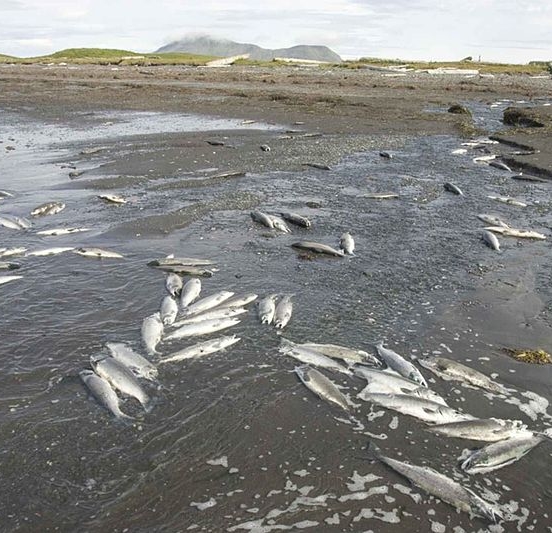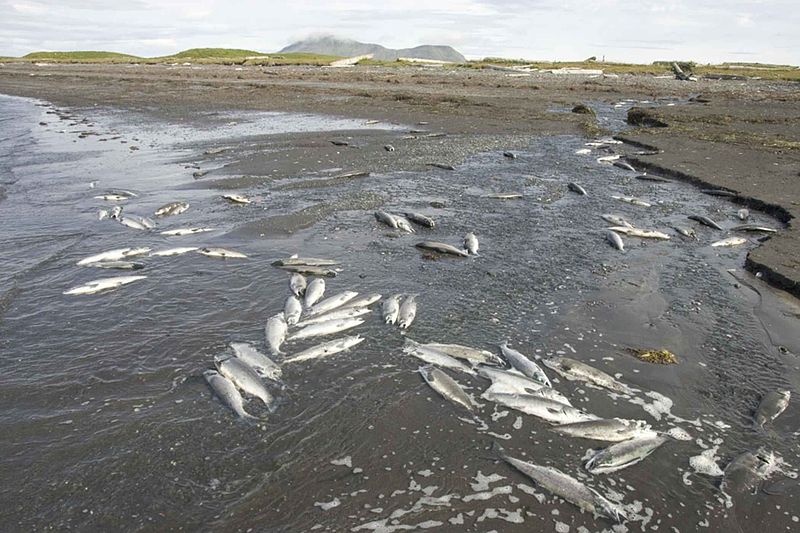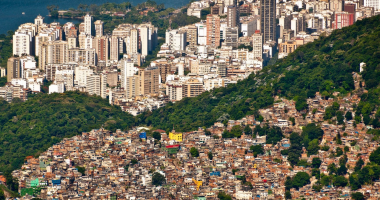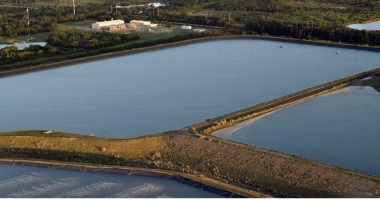Climate, Health and Equity Brief
Oceans Rise, Big Emitters Fall short, and Kids Sue
September 26, 2019

Hot Topic: Oceans in peril. A sweeping new report out this week shares a grim picture of the world’s ocean health. According to the Intergovernmental Panel on Climate Change (IPCC), as a result of capturing massive levels of carbon pollution, our oceans are losing oxygen and becoming more acidic, while rapidly melting ice and snow are causing seas to rise at an unprecedented rate. As one article notes, the dire effects will be felt “on both land and sea, harming people, plants, animals, food, societies, infrastructure, and the global economy.”
The IPCC warns that the consequences for nature and humanity will be “sweeping and severe” unless we take decisive action to limit our greenhouse gas emissions. Yet this week at the United Nations Climate Summit, the three largest emitters of greenhouse gases failed to show urgency. The U.S. remained silent, while China and India, despite making progress, made no major commitments to slash investments in fossil fuels and reach net-zero emissions by 2050.
The good news? Smaller countries are stepping up to the plate. Coming out of the Summit, 70 countries have committed to announcing new emissions reduction plans by 2020, and 16 countries have committed to reaching net-zero emissions by 2050.
Still, more action is needed to stave off the worst effects of a rapidly warming planet. This was the message from Greta Thunberg and the 15 other children who together sued five countries this week for not doing enough to prevent the “deadly and foreseeable consequences” of climate change. Taking our lead from the youngest among us, we must continue to demand more from our leaders, starting at the ballot box.
—Matt & Traci, GMMB
Health
The UN Intergovernmental Panel on Climate Change (IPCC) found in a recent report that sea levels are rising at least 2.5 times faster than last century, threatening “a future that certainly looks completely different than what we currently have.” (The New York Times)
More than 1,100 people have died from the worst dengue fever outbreak Bangladesh has ever seen, and countries across Asia are reporting similar outbreaks due to unusually hot and wet weather. (CNN)
Wildfire-related air pollution in Indonesia now threatens 10 million children, including 2.4 million children under 5 who face lifelong physical and cognitive damage from breathing toxic air. (Bloomberg)
Despite its tame classification as a “tropical depression,” Imelda dumped 40 inches of rain on Houston, TX, flooding hundreds of homes and forcing the rescue of thousands of residents. (Grist)
Equity
The IPCC report found that oceans have reached a tipping point of acidification and reduced oxygen that is, among myriad other global impacts, posing a particularly ominous threat to the 680 million people who live in low-lying coastal communities. (The Wall Street Journal)
A new study found that short-term exposure to air pollution is associated with psychiatric disorders in children and that children living in disadvantaged neighborhoods may be more susceptible to these effects. (Science Daily)
Politics & Economy
While some significant announcements and commitments were made at the United Nations Climate Action Summit, the biggest greenhouse gas emitters in the world—China, India and the U.S.— were disappointingly quiet. (Vox)
Action
Climate activist Greta Thunberg and 15 other children have filed a lawsuit against five countries, claiming they haven’t done enough to prevent climate change’s “deadly and foreseeable consequences.” (UPI)
At the U.N. Climate Summit, the most ambitious commitments to fighting the climate crisis came from small countries, especially the vulnerable coastal and island states. (Grist)
The summer of 2019 was the hottest on record. Check out this illustrated guide of the impacts.

Have feedback on this issue? Email us.






